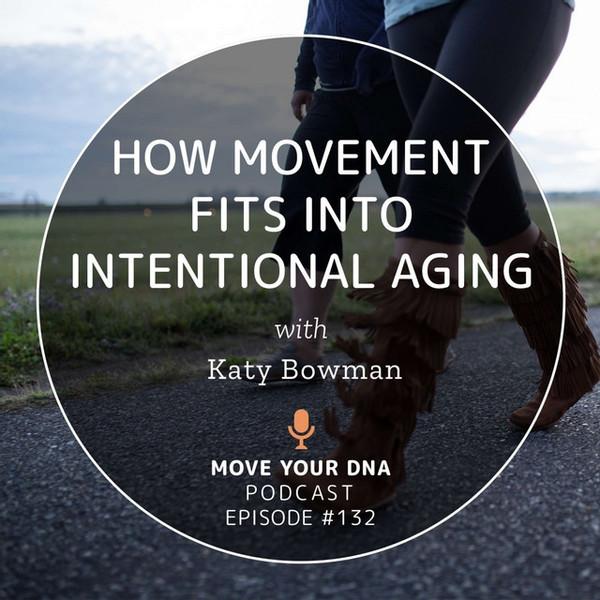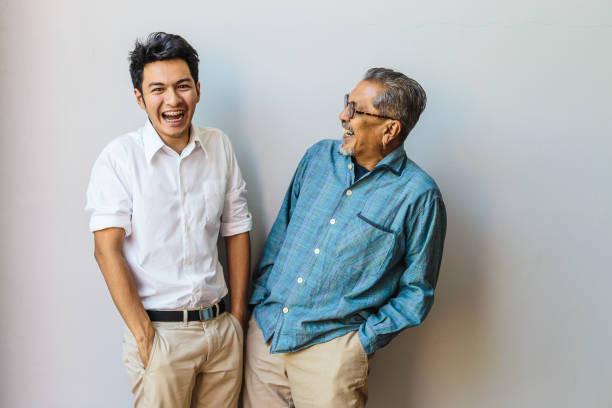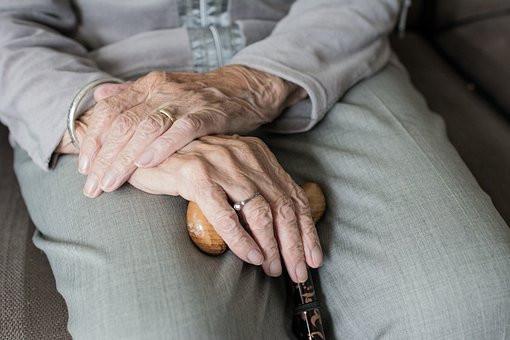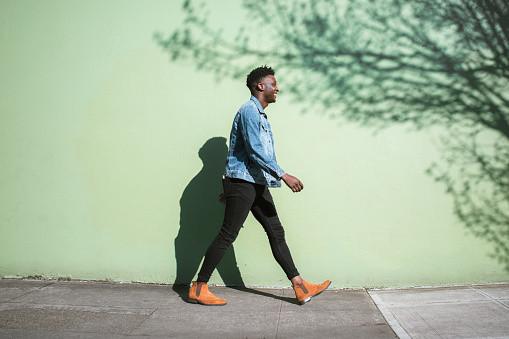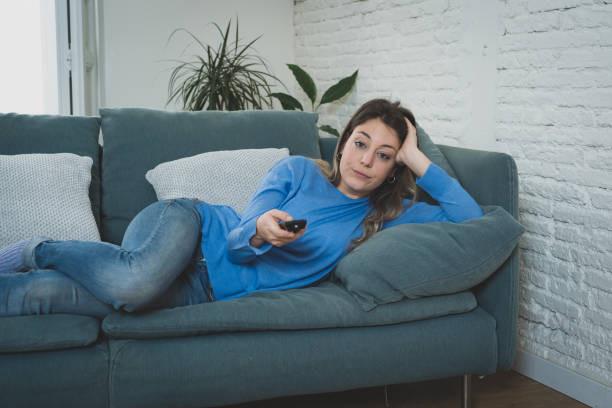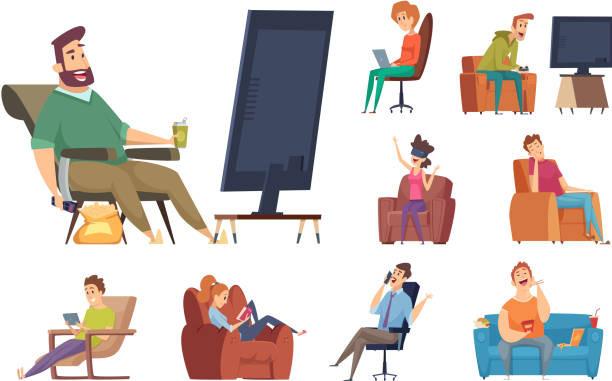Explore the World's Best Ideas
Join today and uncover 100+ curated journeys from 50+ topics. Unlock access to our mobile app with extensive features.
We have two ages
Ageing is for everybody. However, you can have two people of the same chronological age, they’re the same years on the planet, but if you look at their cells, one person might have a lower biological or cellular age.
Making different lifestyle choices will affect your biological age.
3
26 reads
Why we age
Each cell in our bodies has a limited number of times it can divide. The number of times your cells can divide is determined by the rate of loss of the protective caps of each chromosome at each cell division.
These caps are called telomeres. Telomeres are similar to the plastic cap on your shoelaces that prevent the lace from fraying. Once the telomeres are gone, the DNA is unstable and stops dividing.
Lifestyle factors like poor diet, inflammation, or lack of movement can increase your cell divisions and the rate you’re losing the telomeres on your chromosomes.
3
10 reads
Our bodies require movement
Our bodies need a lot of movement to operate fully. In almost every single medical issue, movement is listed as something that can prevent or restore an issue.
- Movement protects muscles and joints.
- A lack of exercise can affect the health of your eyes, your brain, and your digestion.
- It can negatively impact your energy levels, lipid panel results, or how well you feel each day.
- A lack of exercise can cause your cells to age faster.
This doesn’t mean that we need to be marathon runners. Instead, we need to find ways to increase our habitual activity levels.
4
7 reads
How to move more
Movement and exercise are separate ideas. There are three different useful definitions when it comes to moving more.
- Movement is the broadest category. It is any time you change the load on your body parts.
- Physical activity is within the broader frame of movement. It is any time you move your body to get something done, whether that’s exercise or chores around the house, etc.
- Exercise is a sub-category of physical activity. It usually has a predetermined duration and mode. “I’m going to take a walk for 20 minutes.”
From a public health standpoint, we need to do physical activity.
3
7 reads
Movement and culture
Most of our culture will see itself as promoting convenience, yet convenience is almost always about reducing the movement it takes to do something.
In our modern culture, we do many things with the movement of the finger, such as using our smartphone or iPad or even ordering food or groceries. Before, we had to walk into a grocery store and move around.
3
8 reads
The SLOTH economical model to get more movement
Our day can be broken into five categories:
S - Sleep time
L - Leisure time
O - Occupation or our work
T - Transportation, moving from point A to point B
H - Home
We need to get movement in all our domains. Exercise will fit into the leisure category. We can opt for active transportation, such as walking somewhere or riding a bike.
4
9 reads
Not just moving but getting more of your parts moving
There is a range of nutrition that we need. If kale is the best food and you only ate kale, you’d be ill because kale is not enough by itself.
Movement nutrition is the same way. You could be a regular exerciser and not get enough elbow extension and flexion. Maybe your left ankle, even tho you take a walk every day, doesn’t move very much. Perhaps you cycle every day, but it doesn’t help the hip bones in terms of weight-bearing.
3
6 reads
You're Never Not Moving
You’re never not moving. We’re under a gravitational load all the time. But if you’re sitting in a chair for nine hours a day, that is the movement food you’re eating the most.
So if you’re sitting at your desk all day, maybe stand for a portion of work or adjust your position in the chair a bit. Or schedule a time to take a lap around the office.
3
11 reads
IDEAS CURATED BY
CURATOR'S NOTE
Biomechanist, author, and movement expert, Katy Bowman, M.S. on how to age dynamically.
“
Erin Stevens's ideas are part of this journey:
Learn more about exerciseandfitness with this collection
Importance of rest and recovery
Effective workout routines
Proper nutrition for muscle building
Related collections
Similar ideas
Read & Learn
20x Faster
without
deepstash
with
deepstash
with
deepstash
Personalized microlearning
—
100+ Learning Journeys
—
Access to 200,000+ ideas
—
Access to the mobile app
—
Unlimited idea saving
—
—
Unlimited history
—
—
Unlimited listening to ideas
—
—
Downloading & offline access
—
—
Supercharge your mind with one idea per day
Enter your email and spend 1 minute every day to learn something new.
I agree to receive email updates
